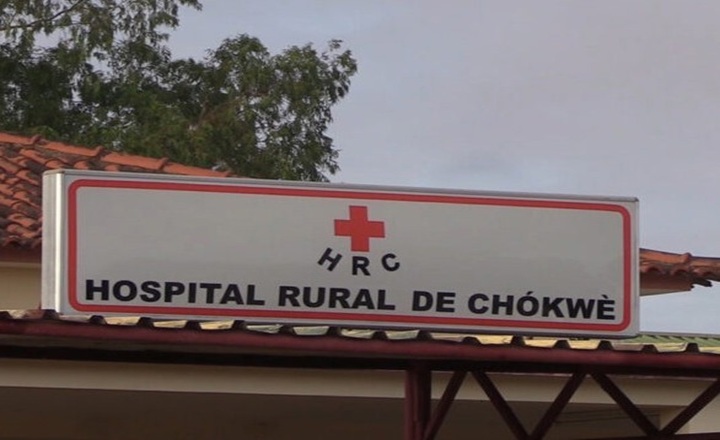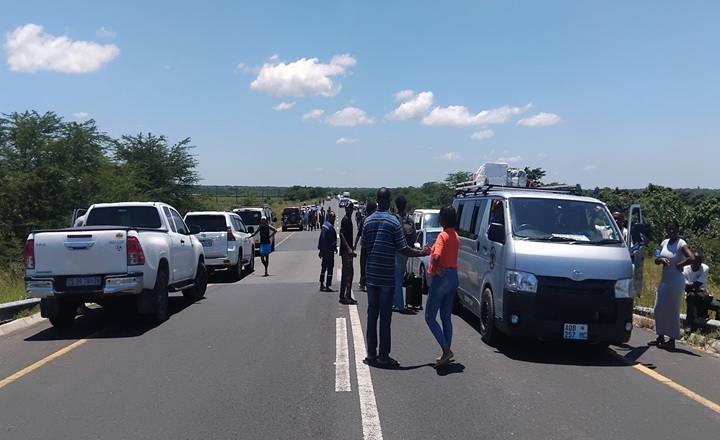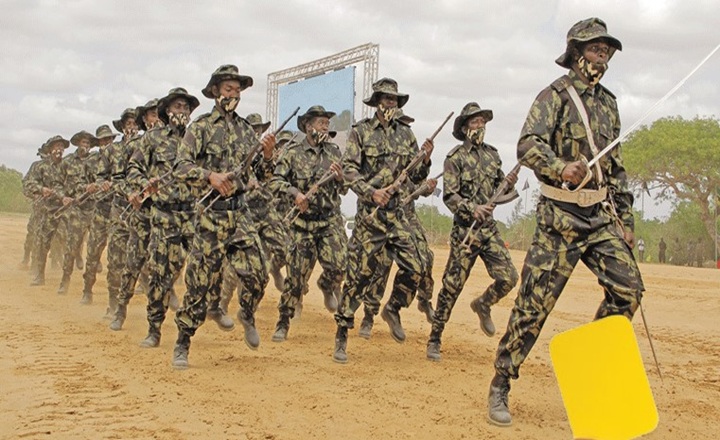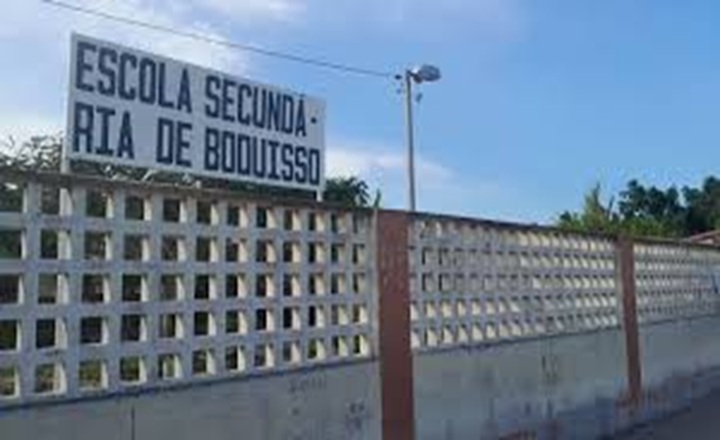
In Cabo Delgado there is a saturation of the social fabric, warns João Feijó

Our guest today is called Dr. João Feijó, a renowned Mozambican researcher who talks about the contours of the electoral and post-electoral process in Mozambique, having said the following, that the geography of the vote in Cabo Delgado does notandhomogeneous, in the Maconde plateau Frelimo won with an overwhelming majority of the votes with a result above 80%. These elections did not go very far beyond that, although it dropped a little, then in the coastal area and in the southern area Frelimo usually has more difficulties. What happened in these electionsandI still need to understand why in the southern zone such as Pemba, Montepuez, areas where for example Venâncio Mondlane had had great popular support during the campaigns, the results were not felt at the polls and there are suspicions of tampering with the results, especially in Pemba and Montepuez where in many ballot boxes there is evidence and testimonies that during the count ‘’VM7” was ahead but after the count the results were reversed, stillandI need to compare notices with opposition notices and understand the results. The researcher speaking to DW said that Cabo Delgado andconsidered one of Frelimo’s strongholds, with the social exclusion of mainly young people, it would have changed the voting trend. There it is that Cabo Delgadoandvery heterogeneous, one thingandthe Pla teau and something elseandan area of the coast that is mostly a Muslim area that votes for the opposition and the other thingandthe south ern area of Chiúre, Namuno, Pemba, which votes for the opposition. What the researcher felt during his field trips to Montepuez, Palma, Mocímba, Mueda and Pemba was that there was a saturation of the social fabric, especially in the areas affected by the armed conflict. People were deeply worn out by the lack of humanitarian aid, problems in distribution, injustice, and having been displaced for several years suffering the consequences of the deprivation of essential goods. Everything indicated that they would take it out on the elections, which would reduce support for Frelimo. There are areas, for example, in Namanhumbir that were affected by the expulsion of artisanal miners in these areas, the evidence that is being shared with meandthat “VM7” won in these areas, I don’t know if the notices that were counted by the CNE reflect this. A strange thing that deserves to be studied in Mocímboa da Praia, where Frelimo and Chapo won with a large majority, was one of the opposition’s strongholds, always win ning in the coastal neighborhoods, this needed to be studied. Because what the local people tell me is that Renamo members stopped doing this and started to join and support Podemos and then destroyed Renamo’s bases, no opposition can didate campaigned in Mocímboa which led people to support Chapo and Frelimo and all that opposition support base did not vote and abstainedandvery high. Many did not vote due to lack of humanitarian support and there are social reasons, which the PGR should investigate.
I could believe in the victory of “VM7” and Podemos in Cabo Delgado in the main urban centers: Pemba, Montepuez, Chiúre. I have doubts in the areas of the Plateau, despite today having more support than the opposition used to have. I have doubts in the most remote rural areas where I am not sure if the message of “VM7” that circulates mainly through social networks has arrived due to lack of access to the network, energy in urban areas and obviously the youth who live off the informal, more educated who have already finished secondary education or even higher education who today live off the hustle and bustle. andobviously among this youth “VM7”andquite popular. Regarding the demonstrations called by “VM7”, the population of Cabo Delgado could respond satisfactorily in their opinion, “I think there is potential there in some areas for people to mobilize in this sense if there is a leader to mobilize them, now normally the response tends to be violent and people are afraid to take risks. Everything will depend on the agitation if it is done on social networks, everything will depend on various incidents that could inflame this behavior of the youth, now there are two reluctances that the population has that result from the actions of the police forces being generally violent and people have no way to protect themselves and secondly people are afraid of a day of strikeanda day without income,anda day of hunger at home. There is a saturation in the population, there is a desire among people to change, there were expectations that were created and the level of fraud in some cases, the idea that was blatant, generates dissatisfaction. It is not so much in Cabo Delgado that this risk exists, but especially in Nampula city, Nacala, Quelimane, Zambézia and, in the city of Maputo, not so much in Cabo Delgado where there are control mechanisms, where the population does not have an attitude of confrontation.
Outras noticias

Society
19-year-old woman arrested for kidnapping newborns at Chókwe Rural Hospital
2026-01-08

Society
Tension in Salamanga: Conflict between the Community and Rangers of the Maputo Reserve
2026-01-08

policy
YELLOW CARD NO. 1 OF THE YEAR: BETWEEN PROMISES, POPULISM AND THE URGENCY OF NATIONAL PRIORITIES
2026-01-08

policy
YELLOW CARD FOR THE FIRST PRESIDENTIAL REPORT: NARRATIVE ARROGANCE, SYSTEMIC CONTINUITY, AND THE WASTE OF A FIRST YEAR OF HOPE
2025-12-25

Society
Intaka-Boquisso road floods after inauguration, leaving residents outraged
2025-12-25
Copyright Jornal Preto e Branco All rights reserved . 2025